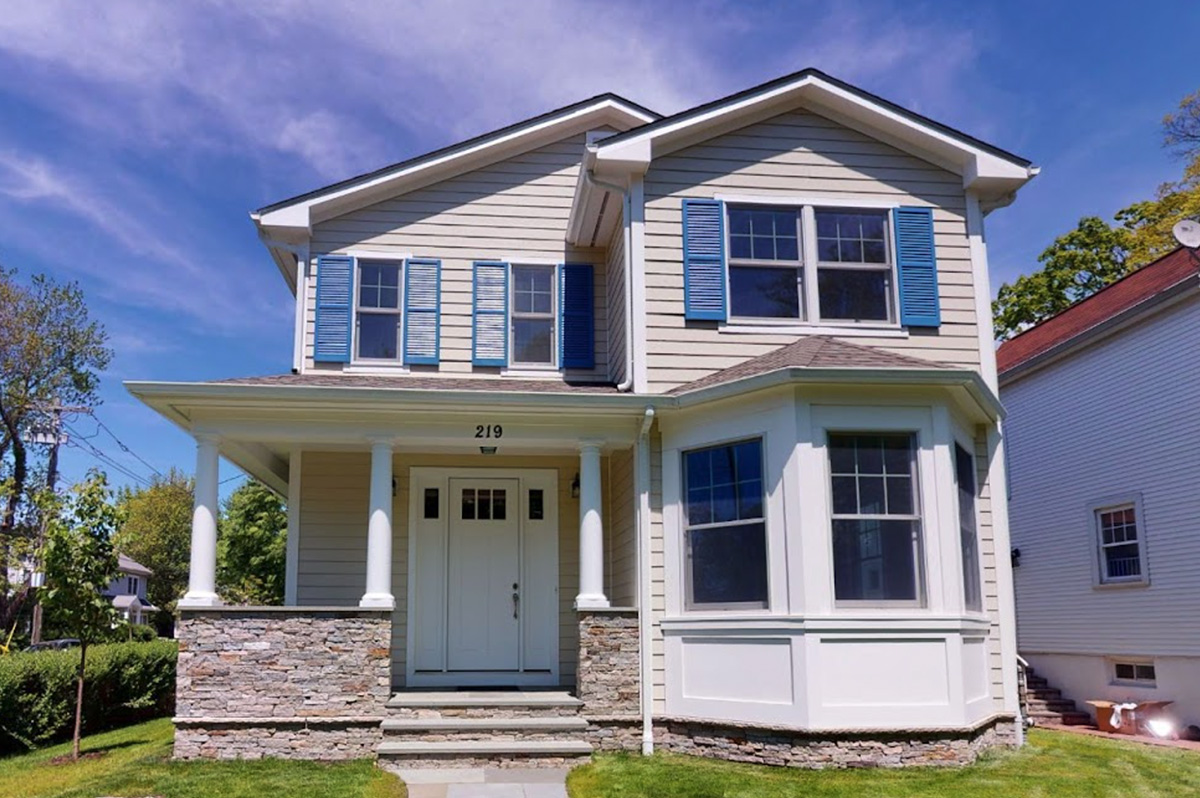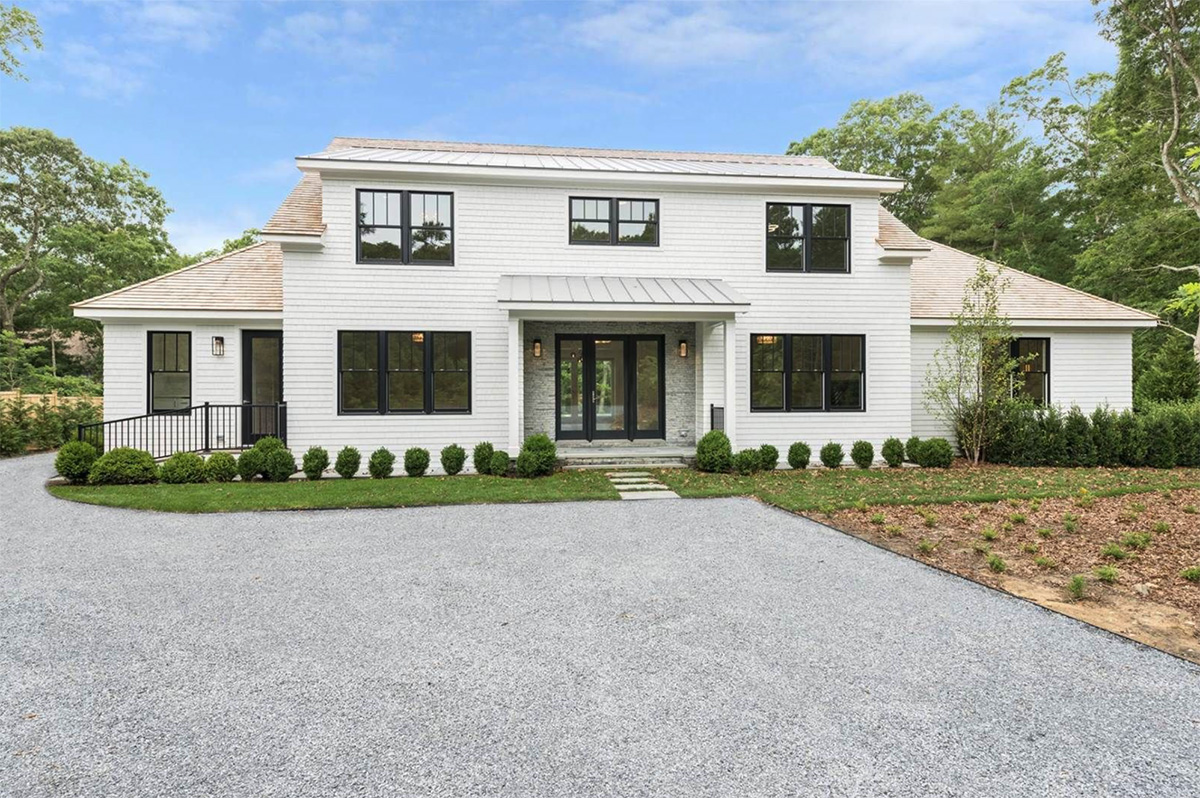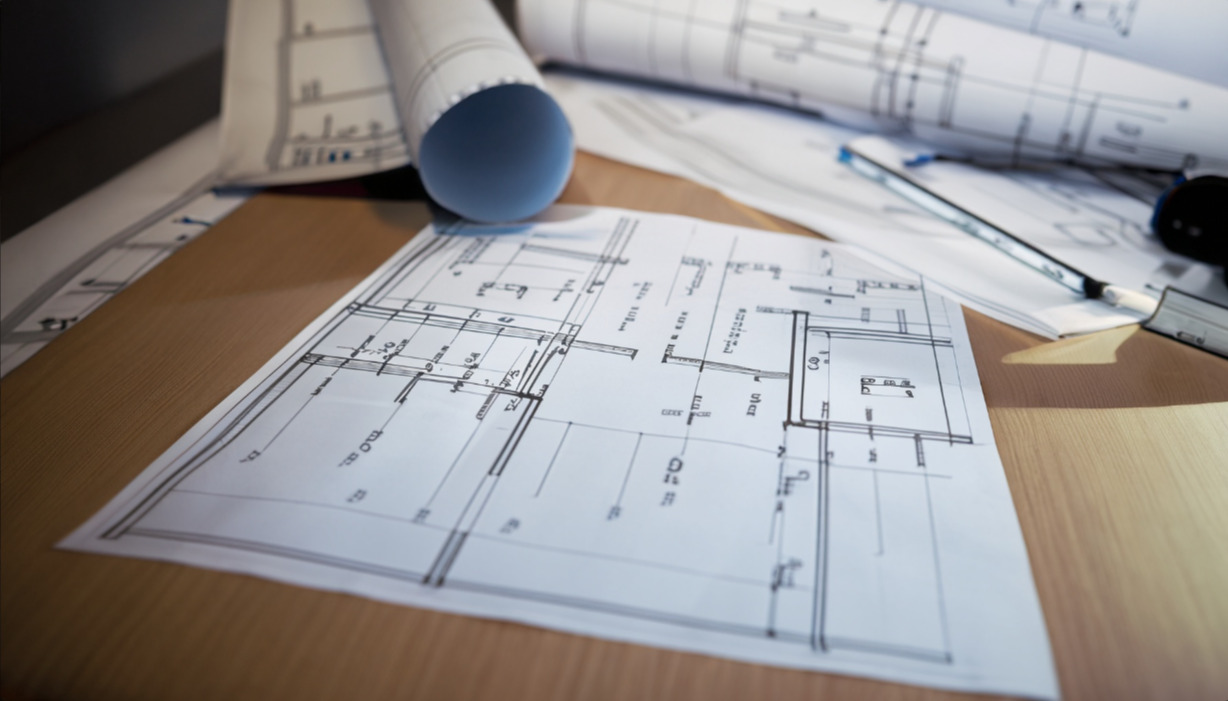Construction Management
For investors and knowledgeable homeowners who understand the building and remodeling industry, our construction management service may be the right fit for you.
Layout changes & wall removals
- Dedicated Project Manager
Industry leading communication & scheduling platform
Meticulous local contractors, fully insured & vetted
What is Construction Management?
Construction management is the practice of planning, coordinating, and overseeing the various activities and tasks involved in a construction project to ensure its successful completion. It involves the effective management of resources, including personnel, materials, equipment, time, and budget, to achieve the project’s goals within the specified constraints.
Construction management encompasses a wide range of responsibilities, which may include:
Project Planning: Defining the project scope, objectives, and requirements. Developing a comprehensive project plan that outlines tasks, timelines, and resource allocations.
Budgeting and Cost Management: Estimating project costs, creating a budget, and monitoring expenses throughout the project to ensure that costs are controlled and kept within the approved budget.
Resource Allocation: Assigning tasks to various team members and ensuring that they have the necessary tools, equipment, and materials to carry out their work efficiently.
Scheduling: Developing a detailed project schedule that outlines when each task or phase of the project should be completed. Monitoring progress and making adjustments as needed to keep the project on track.
Risk Management: Identifying potential risks that could impact the project’s timeline, budget, or quality. Developing strategies to mitigate these risks and minimize their impact.
Quality Control: Implementing quality assurance and quality control measures to ensure that the work meets the project’s specifications and industry standards.
Communication: Facilitating effective communication among all stakeholders, including the client, architects, engineers, contractors, and subcontractors. Keeping everyone informed about project progress, changes, and any issues that arise.
Contract Management: Managing contracts and agreements with vendors, suppliers, contractors, and subcontractors. Ensuring that all parties adhere to the terms and conditions outlined in the contracts.
Health and Safety
Implementing safety protocols and standards to ensure a safe working environment for all project participants.
Client Relations
Building and maintaining positive relationships with clients by providing regular updates, addressing concerns, and delivering results that meet or exceed their expectations.
Documentation
Maintaining accurate and comprehensive documentation of all project-related activities, including plans, permits, contracts, and correspondence.
Pros of Construction Management
While each approach to building and remodeling has its own unique benefits and drawbacks, construction management has its own unique pros.
Lower overall cost than a traditional General Contractor
Clients have a transparent view of the entire process: Scheduling, billing, material purchases, and more.
- The construction manager works as your consultant and can help you lower costs across the board.
Cons of Construction Management
While construction management provides unprecedented oversight and control over your new build or remodel, there are also some drawbacks.
- As the client you need to more involved then with a traditional GC.
The client issues all payments for subcontractors and carries insurance on the project.
The Client must have a bookkeeping system in place.
Our Process

We handle oversight and management of your project, while still giving you the control and decision-making ability you lose with regular General Contractors.
Initial consultation to review your plans or help you procure them.
- Review total budget and help revise plans to keep budget goals.
- Setup project on our management software Buildertrend.
- Receive bids from our screened and qualified subcontractors.
- Your budget is reviewed and finalized.
- Project work starts.
- Invoices are forwarded to you for payments.
- Weekly progress meetings with the construction manager.
What is the Cost?
All prices are calculated and paid from total progress payments to subcontractors.
A $10,000 retainer for project setup and organization.
- For New Constructions: 10% of Total Project Cost
For Remodeling and Additions: 12% of Total Project Cost
FAQs
- Budget Planning: Determine your budget, including construction costs, land purchase (if applicable), permits, and contingencies.
- Land Acquisition: Choose and purchase a plot of land if you don’t already own one. Consider factors like location, size, zoning laws, and access to utilities.
- Design and Planning: Work with an architect or designer to create a plan for your home. This phase includes deciding on the style, layout, size, and custom features.
- Securing Financing: Obtain construction financing if necessary. This might be a construction loan that converts to a mortgage upon completion of the home.
- Hiring Professionals: Select a builder or general contractor who will oversee the construction. You may also need to hire other professionals like engineers, surveyors, or interior designers.
- Permitting: Submit your plans to local authorities to obtain the necessary building permits. This process can vary in length depending on local regulations.
- Site Preparation: Clear the land, lay the foundation, and prepare the site for construction, including setting up utility connections.
- Construction: The building process begins, typically starting with the foundation, followed by framing, roofing, and exterior work, then moving inside for electrical, plumbing, HVAC, insulation, drywall, and finishes.
- Inspections: Throughout construction, various inspections by local authorities ensure the home complies with building codes and regulations.
- Final Walkthrough and Closing: Before final acceptance, conduct a walkthrough to identify any issues or adjustments needed. Once everything is completed to satisfaction, the final closing occurs, transferring ownership and finalizing the project.
The construction process for a new home typically ranges from about 6 to 18 months, depending on various factors such as the complexity of the design, the size of the home, weather conditions, permitting processes, and the availability of materials and labor. Custom homes with intricate designs or those built in areas with strict regulatory requirements might take longer. It’s important to discuss timelines with your builder or contractor, as they can provide a more accurate schedule based on your specific project and location.
The starting price for building a new home can vary significantly based on several factors including location, size, design, materials, and labor costs. In many areas, a baseline figure might start from $250 to $300 per square foot for a basic construction. However, in regions with higher costs of living or for homes with custom designs and high-end finishes, prices can easily start at $300 to $500 per square foot or more. For Connecticut, given its range of rural, suburban, and urban settings, starting prices might be on the higher end of this spectrum, especially in more affluent areas or for homes with specialized architectural styles. It’s crucial to consult with local builders or contractors to get a more accurate estimate tailored to your specific project and location.
Most new construction homes in Connecticut cost around $300-$400 dollars per square foot. These costs can vary heavily depending on your location, costs of labor, costs of materials, and specific home design.
The size of a waiting room for an office depends on factors like the number of expected visitors and the overall office layout. As a general guideline, allocate around 15-20 square feet per person. However, specific requirements may vary, and it’s advisable to consult with a designer or architect to determine the optimal size based on your office’s unique needs.
Designing an effective reception area involves considering the brand identity, creating a welcoming atmosphere, and ensuring practicality. Choose comfortable seating, incorporate branding elements, and optimize the layout for efficient traffic flow. Lighting and color schemes can also impact the overall feel of the reception area.
Designing a doctor’s office involves creating a welcoming and functional space. Consider factors such as efficient patient flow, comfortable waiting areas, and the integration of medical equipment. Compliance with healthcare regulations is crucial, and consulting with a design professional with healthcare experience is recommended.
Commercial office renovations typically require the expertise of a general contractor experienced in commercial projects. Look for professionals with a portfolio that includes office remodels, as they understand the unique challenges and regulations associated with commercial spaces.
The duration of a commercial office remodel depends on the scope of the project. Small renovations might take a few weeks, while larger projects can extend to several months. It’s essential to establish a realistic timeline with your contractor based on the specific requirements of your remodel.
The cost of a commercial office remodel varies widely based on factors such as the size of the space, the extent of renovations, and the choice of materials. On average, prices can range from $75 to $250 per square foot, but consulting with a contractor for a detailed estimate is recommended.
Yes, open office layouts remain popular, promoting collaboration and adaptability. However, it’s essential to balance openness with designated quiet spaces. Consider your employee’s needs for silence and privacy.
No, a construction manager and a general contractor are not the same. A construction manager oversees and coordinates all aspects of a construction project on behalf of the owner, focusing on the project’s planning, coordination, and owner’s interests. In contrast, a general contractor is responsible for executing the physical construction work, typically hired by the owner or construction manager to manage day-to-day operations, subcontractors, and construction tasks. These roles have distinct responsibilities, with construction managers emphasizing project management, while general contractors specialize in construction execution.
A construction project manager plays a pivotal role in the successful execution of construction projects. Their responsibilities encompass a wide range of tasks and duties, including:
- Project Planning: They develop comprehensive project plans, including budgeting, scheduling, and resource allocation.
- Team Management: Construction project managers assemble and lead project teams, which may include architects, engineers, contractors, and subcontractors.
- Budget Management: They monitor project costs, control expenses, and ensure that the project stays within budgetary constraints.
- Schedule Management: Construction project managers create and maintain project schedules, ensuring that tasks are completed on time and within deadlines.
- Quality Control: They enforce quality standards and ensure that the work meets design specifications and industry regulations.
- Risk Management: Identifying and mitigating potential risks and issues that may arise during construction, such as weather delays or supply chain disruptions.
- Communication: Maintaining clear and effective communication between all stakeholders, including clients, contractors, and team members.
- Permitting and Compliance: Managing the necessary permits and ensuring that the project complies with local building codes and regulations.
- Safety: Promoting and enforcing safety protocols to protect workers and ensure a safe work environment.
- Problem Solving: Addressing unexpected challenges and finding solutions to keep the project on track.
Construction management is a specialized field within the construction industry that focuses on the planning, coordination, and execution of construction projects. It involves overseeing all aspects of a construction project, from the initial concept and design phase to the final construction and project closeout. Construction managers play a crucial role in ensuring that projects are completed on time, within budget, and according to the specified quality and safety standards. They are responsible for managing resources, scheduling tasks, and addressing any issues that may arise during the construction process to ensure a successful and efficient project delivery.
General contractors take on more responsibility for delivering the entire project within a guaranteed budget and timeline. Construction managers act more as advisors, with the homeowner retaining overall control.
Their fees are usually 10-20% of the total construction budget. The exact rate depends on the scope of work and services provided. Expect to pay more for larger or more complicated projects.
It works well on larger, more complex renovations and custom projects where the homeowner wants to be very hands-on with decision making. It may be overkill on smaller jobs.
The main benefits are having more control over contractor selection, scheduling, and project decisions, while still getting oversight and coordination from a construction expert. This can result in greater efficiency and potentially some cost savings.





